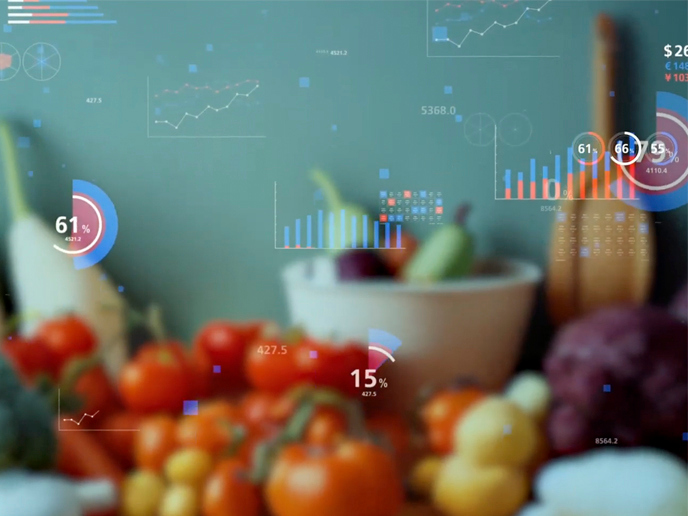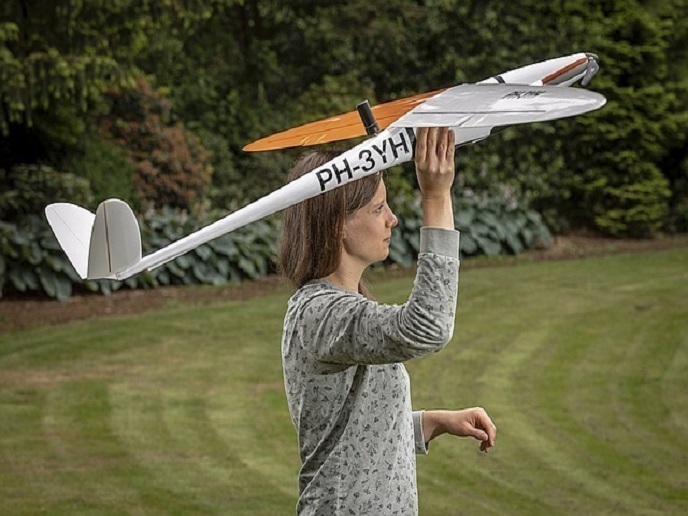Visionary solution for online data privacy
The solution, which was successfully trialled through a series of pilot tests (in Spanish and Italian hospitals for example), empowers citizens to gain control of their digital privacy through the creation and monitoring of a personal Privacy Level Agreement (PLA). This provides a clear visualisation of privacy preferences about data that can be managed by public institutions. ‘Results obtained from these pilots confirmed that the platform improves citizen awareness of privacy and data protection issues and increases their level of control on data management,’ says VISION project coordinator Loredana Mancini from Business-e in Italy. The VISION Privacy Platform (VPP) was also shown to be an effective tool for strengthening the transparency and accountability of public administration operations, ensuring that they are in full compliance with online data privacy laws. ‘We have already received requests from other organisations to start pilots based on the VISION solution,’ says Mancini. ‘While the platform was developed and tested for public authorities, the model can be easily enlarged to cover any type of organisation that shares and uses personal data.’ Smarter government Online technology has developed at such an impressive speed that it is sometimes hard to appreciate just how much our lives have been transformed. Expectations have also evolved; citizens now expect instantaneous internet connections wherever they go, and to be able to use their mobile devices to perform all sorts of functions such as banking, reserving flights and hotels and getting real time traffic information. We increasingly expect the same level of ease in accessing services from public institutions such as local government and healthcare,’ notes Mancini. ‘We also expect these services to be secure and that our data are protected.’ Delivering smart government services in a secure manner presents a challenge for the public sector. ‘Achieving this means being able to integrate and share information between different public authorities, and sometimes private organisation as well,’ says Mancini. ‘What is needed is an open data model that enables citizens to securely access their information as well as public services in a seamless way, wherever they are.’ Ready for regulation To make this possible, the VISION project focused on the issue of privacy. This is a key challenge for public administrations, which often lack the tools and expertise to carry out privacy analyses and integrate it naturally in their digital services. The introduction of the General Data Protection Regulation (GDPR), which comes into force in May 2018, introduces new stricter privacy related policies for any organisation holding information of EU citizens. This Regulation aims to give control back to citizens over their personal data. ‘The VISION platform provides support towards GDPR compliance through the creation of tailored Privacy Level Agreements, which take into account citizens' privacy needs and provides them with control over their data, and by providing organisations with methods and tools to achieve a privacy-by-design approach on their digital services,’ explains Prof. Haris Mouratidis from the University of Brighton, UK, who led the development of the PLA and the privacy by design methods in the VISION project. The VISION consortium believes that the project’s platform taps into a growing public and private sector need to empower citizens when it comes to data privacy. ‘To this end the GDPR could be a strong market booster, and many technology providers are keen to promote themselves as GDPR-compatible,’ says Mancini. ‘Our platform could give them the upper edge. We are looking at market analysis reports at the moment, and don’t see a similar solution on the market.’







